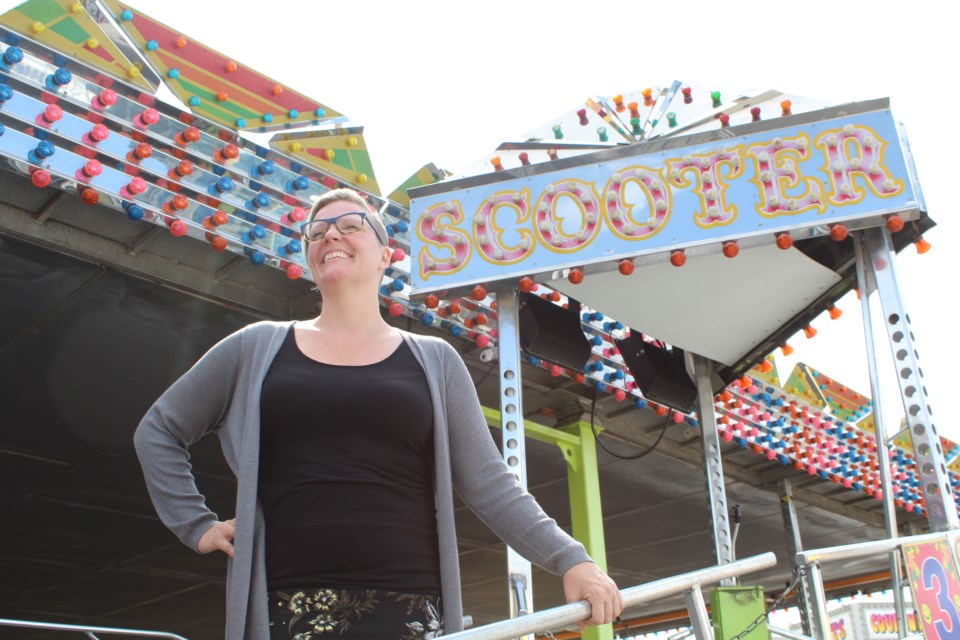With a glimmer of hope starting to shine on Ontario’s festivals and events, the attention now turns to how to rethink the way the province looks at tourism.
Festivals and Events Ontario (FEO) has represented the festivals and events industry in Ontario for 30 years. Its membership includes festivals, events, suppliers, municipalities and schools, as well as other groups and organizations.
With COVID-19 being the most trying time for their members, the FEO says it has had to plan for what is an inevitable reopening of the province.
Louise Jackson is an FEO board member as well as the president of Tourism Barrie. She will also be teaching destination and event management at Georgian College this coming fall.
Jackson says she hasn’t heard of much happening in Barrie for this year and says event planners are taking a wait-and-see approach.
“I think everyone is being cautiously optimistic. It's hard to plan when you just don’t really know what you’re able to do,” Jackson told BarrieToday. “We don’t even know what event insurance is going to look like; we do know there will be no pandemic insurance. So no matter what, you’ll never be able to cover that.”
Jackson says she has heard “some rumblings” about things possibly happening at drive-ins, where there is an abundance of distance between people.
Barrie is home to several events, the largest being Kempenfest along the city's waterfront, and the region sees several major concerts each year.
The chance of any big events happening in our region sooner than later is not likely, she said.
“Concerts, festivals and events and even theatres, I think we’re looking at next year (before) any real start-up," Jackson said. "Those types of things are very expensive to put on and if you're operating at a lower capacity, how is anyone going to make money? Places like Canada’s Wonderland, who have invested such a huge amount of money into their product, are not offering any discounts this year because they just can’t.”
Destination Ontario, the official tourism website for the province, conducted a study on the impact of COVID-19 on the Canadian economy and consumer sentiment. The study found 54 per cent of Ontarians would welcome visitors from nearby communities, but 73 per cent feel safe when thinking about travelling to nearby communities.
Jackson is pushing for people to find new ways to reconnect with tourism in order to grow the industry again.
“People are wanting to go out. There is a pent-up energy we’re all experiencing and a good way to get it out is the popular attitude of supporting local,” she said. “Look at the Open Air Dunlop program as a great example. People really need to look at where they’re spending their money and spend it in their own communities to help build them back up.”
Jackson has created a show called Re: Connect, which will travel Ontario showcasing festivals, music, art, shopping, restaurants and other tourism aspects. She will host the show, which will be shown on YouTube, and hopes to show anyone nervous about heading out of the comfort of their home and town that there are ways to be safe while doing it.
By 2022, Jackson believes everything should be back to a sense of normalcy and larger events will be back in swing. Her key piece of advice is for people to help their own community first as part of the economic rebuild.
“It's going to be a long road to recovery, but if we travel within our own backyard, it will be really good.”



